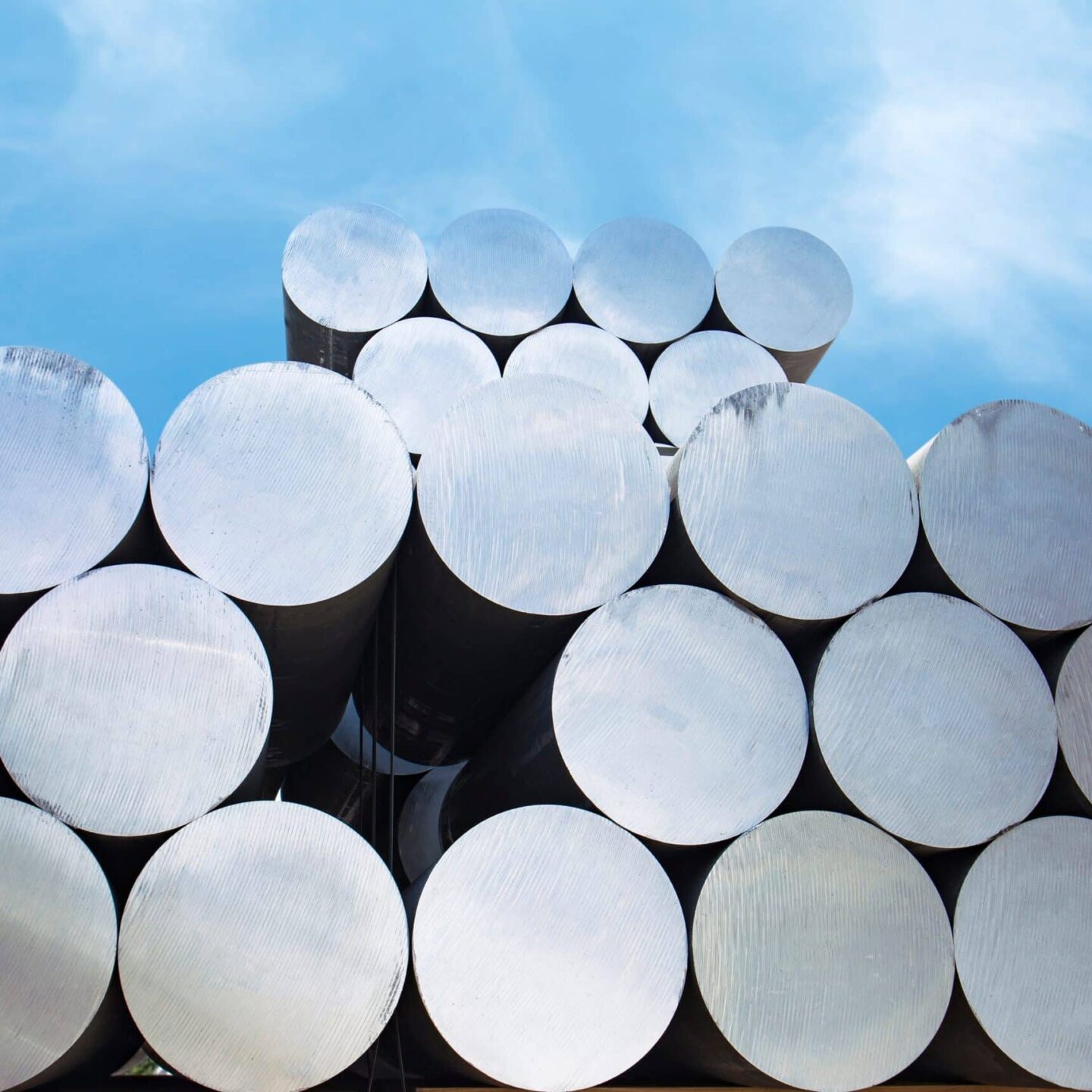New York, USA – As world leaders gather for Climate Week NYC 2025, the Global Beverage Can Circularity Alliance, established in the wake of COP28, is spotlighting the role of aluminum beverage cans in the transition to a low-carbon, circular economy.
The flagship session, “Aluminum in Action: How Beverage Cans Are Closing the Circularity Loop,” will convene industry leaders, recyclers, investors, policymakers and climate advocates to explore how aluminum packaging can help drive global decarbonization targets.
Set for September 25, 2025 at the Civic Hall, the event will unveil new circularity data, feature high-impact technology and investments improving recycling rates, and introduce policy recommendations to scale can-to-can-loop recycling.
“Aluminum is one of the few materials that can be recycled over and over again without losing quality. When we recover it, we cut carbon, reduce waste, secure supply chains and preserve value,” said Marlen Bertram, IAI’s Director of Forecasts and Scenarios.
According to recent IAI data:
- Aluminum cans have the highest global recycling rate of all beverage containers; and
- Recycled aluminium uses 95% less energy than primary production.
Based on today’s global recycling rate, 87% of all cans recycled could go back into cans, thereby avoiding downgrading or loss of valuable alloying elements such as manganese and magnesium, but only 47% of all recycled cans actually do this globally.
Although the global aluminum can recycling rate is 71%, the recycling rate of aluminum cans in the United States is just 43% according to a 2024 report by the Aluminum Association, This means that more than one out of every two cans consumed in the United States ends up in a landfill.
“Each year, more than a dozen 12-packs of aluminum cans end up in landfills for every person in the United States. We are throwing away more than $1 billion worth of aluminum each year,” said Curt Wells, Senior Director of Regulatory Affairs & Corporate Stewardship at the Aluminum Association. “At a time of increasing demand and calls for greater domestic supply chain security, accepting the status quo on recycling is no longer acceptable.”
“Aluminum beverage cans remain the most recycled drink package in America with a rapid 60-day journeyfrom recycling bin to newly formed can,” said Can Manufacturers Institute President Scott Breen. “The U.S. aluminum beverage can industry is also leading in efforts to increase recycling by advocating for a high performance approach to producer-funded recycling, forging partnerships to address away-from-home recycling through the Every Can Counts U.S program, and funding can capture equipment – including artificial intelligence-powered robots – via revenue share agreements at materials recovery facilities.”
The event comes amid growing momentum for circular systems globally, as climate and material efficiency agendas converge.
Speakers include:
- Sandrine Duquerroy Delesalle, Vice President Global Sustainability & External Affairs, Crown Holdings
- Dorothea Flockert, Head of Sustainability, Speira
- Curt Wells, Sr. Director, Regulatory Affairs and Corporate Stewardship, US Aluminum Association
- Mr. Naoki Tokizane, Executive Officer, President, UACJ North America, Inc
- John O’Maoileoin, Global Sustainability Director, CANPACK SA
- Francisco Pires, CSO, Novelis
- Ramon Arratia, Chief Sustainability Officer and VP Public Affairs, Ball Corporation
- Najeeba Hassan Al Jabri, Chief ESG & Sustainability Officer, Emirates Global Aluminium
- Joe Quinn, Executive Director, Center for Strategic Industrial Materials, SAFE
- Others
Register here:https://international-aluminium.org/events/aluminium-in-action-closing-the-circularity-loop





